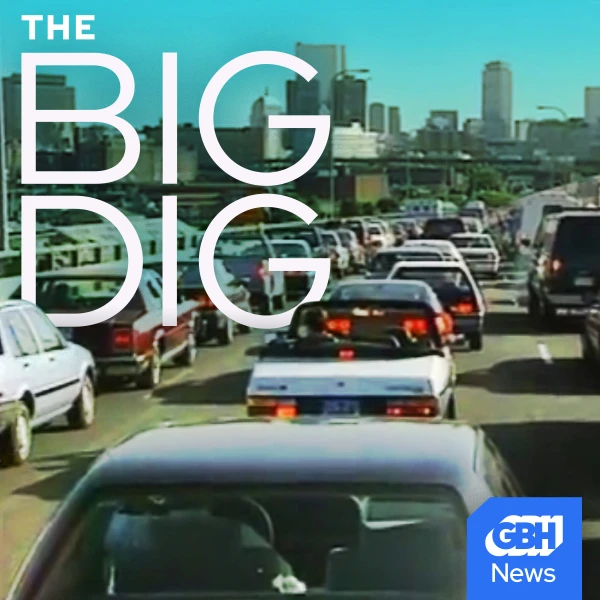The Big Dig
I just finished the Big Dig podcast and it's worth a listen. It's about Boston's Central Artery/Tunnel Project, the most expensive highway project in US history. They cover the whole story, from conception, to getting it approved, to years of execution, and then the fallout from cost overruns and mismanagement. The podcast is well produced and has a lot of primary-source interviews.
I have a little bit of a personal connection, since I lived in Boston during the project's later years when it was on the news all the time. I even toured a part under construction.
But what I find most compelling is trying to connect to the question, can America build big infrastructure anymore? It's something I think lot about. We benefit from by the giant projects from the past (dams, bridges, interstates) but can't maintain them properly; we struggle to take on new things like high-speed rail.
They place most of the blame on headwinds that didn't exist in the public-works heyday of the twentieth century. Leaders are under more scrutiny; projects fall under a bunch of regulations intended to protect the environment and workers. Public commentary slows things down.
The problem is, while the old way was easier, it also caused a lot of harm. I learned the story of the Cambridge and East Boston families that stopped interstate projects that would have leveled their homes and neighborhoods. I know those places well. I used to own a home right where one of those roads was supposed to have been. I sure am grateful to those protesters who won!
It ends on a hopeful note. Not that it's easy, nor are we necessarily that much better managing big projects now. But there are success stories.
One part I especially liked was 20 minutes into the final episode, in the final interview with Fred Salvucci, where he told the story Saint Francis. God tells Francis to build a cathedral, but then tears it down. Francis builds another, God destroys it again. Why, Francis asks. Because it's not enough to build a physical cathedral, but you also have to build the support for it in the hearts and minds of the people. Maybe that's the part we're not doing well enough now.

Comments
Comments powered by Disqus